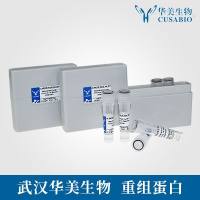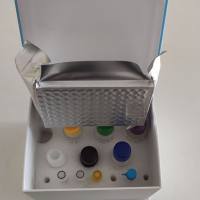Bifunctional Antibody Fragment-Based Fusion Proteins for the Targeted Elimination of Pathogenic T-Cell Subsets
互联网
互联网
相关产品推荐

Recombinant-Drosophila-melanogaster-CAAX-prenyl-protease-2SrasCAAX prenyl protease 2 EC= 3.4.22.- Alternative name(s): Farnesylated proteins-converting enzyme 2; FACE-2 Prenyl protein-specific endoprotease 2 Protein severas
¥11466

RSV Fusion重组蛋白|Recombinant Human RSV Fusion protein/RSV-F(Strain RSS-2)Protein(His Tag)
¥2310

Human targeted ribonuclease ELISA Kit
¥2890

Fibronectin重组蛋白|Recombinant Human Fibronectin / Fibronectin Fragment 2 Protein (His Tag)
¥1920

新冠病毒SARS-COV-2中和抗体(RBD 兔单抗)
¥2000

